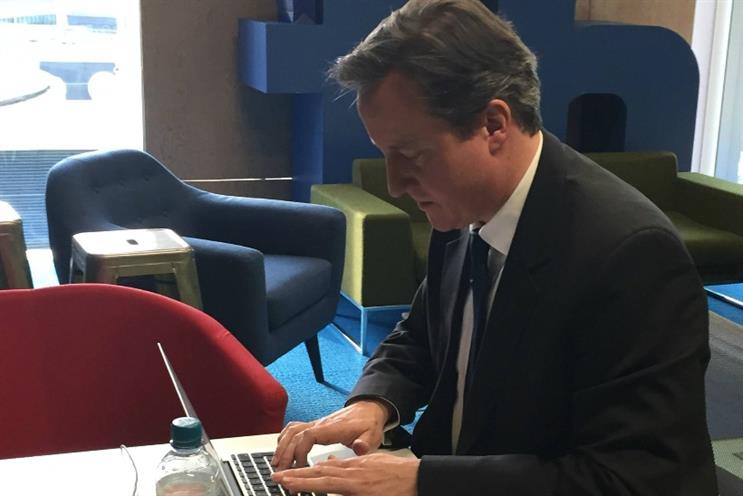
Elizabeth Linder, Facebook’s politics and government specialist for EMEA, suggested the UK's parties will make serious efforts to reach voters on social media for the first time.
Speaking at a Facebook press event, she said: "I think this is going to be the conversational election, this is going be the election where we see conversations and ideas that transfer between politicians and people pan out in a way we have never seen before at scale."
Linder noted that the Scottish referendum was the most talked-about subject among Brits on Facebook last year, beating global topics such as the World Cup or the Ice Bucket Challenge.
Facebook this month co-hosted the Ask the Leaders event with Sky, and partnered with the Electoral Commission to remind Brits to vote. The company's pitch as the new election battleground comes as UK political membership dwindles to an all-time low.
Parties embrace Facebook
According to research produced by , less than 1% of the UK electorate is a paid-up member of the Conservative, Labour or Liberal Democrat parties, compared with almost 4% in 1983. That equates to around 380,000 Brits.
By contrast, more than 675,000 users now ‘like’ one of the three main parties on Facebook.
Curiously, each party’s digital stamp of approval on Facebook doesn't match their real-life membership numbers. Of the three main parties, Labour has the most paying members, followed by the Conservatives. On Facebook, the Conservatives are the most popular UK party, with UKIP following closely behind.
Theo Lomas, Facebook’s elections and campaigns specialist, said: "This is a particularly interesting statement, because liking a political party is a much more public action than being a member."
Using video
Lomas noted that all parties have stepped up their activity on Facebook compared with 2010, which was widely considered the UK’s first digital election. In 2010, just 25% of MPs and only one party leader – Nick Clegg – were on Facebook. Now two-thirds of MPs and all the party leaders are on Facebook.
More MPs are hosting ‘ask me anything’ sessions on Facebook, both at the local and national level, Lomas said. Meanwhile, the three main parties have cottoned onto the growing popularity of video.
The Conservatives used to Labour leader Ed Miliband at his party’s conference in Manchester last year.
Recommended



.jpg)
.jpeg)
